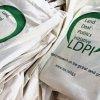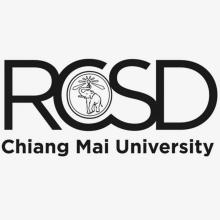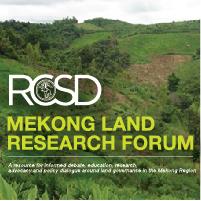Resource information
In rural Cambodia indiscriminate, illegitimate and often violent land grabs in the form of Economic Land Concessions (ELCs) have triggered myriad local responses by peasants facing evictions from private and communal lands. Drawing on fieldwork in Kratie and Koh Kong provinces, this chapter looks at the various forms of local resistance to government-sanctioned dispossession and displacement and discusses their effectiveness in bringing about socio-political and institutional change. Our case study results do not confirm the predominance of everyday politics as the preferred resistance strategy of peasants, as postulated by Scott (1986) and Kerkvliet (2009) for other Southeast Asian countries. Cambodian peasants have responded to dispossession and displacement by employing a myriad of resistance strategies, ranging from road blockades, open confrontations with security guards and military personnel, demonstration marches and petitions to various forms of advocacy resistance and everyday politics. Their selection from a range of resistance strategies does not follow a clear pattern, but appears to respond to the varying levels and strategies of oppression deployed by government representatives, concessionaires and members of the armed forces. This has created a particular dialectic between domination and resistance, reminiscent of Polanyi’s ‘double-movement’ (Polanyi 1944). In the case of Cambodia this takes the form of a continuous oscillation between forced commodification of natural resources by domestic and foreign elites on the one hand and the combination of overt and covert resistance strategies by the rural peasantry on the other. Yet we also find that these local resistance movements have been mostly desperate, sporadic and atomistic vis-à-vis the powerful coalition of government authorities, concessionaires and the military. Cambodian peasants lack organization across village boundaries as a result of decades of conflict and unrest, and their voices have been ignored by the home governments of the investors, who continue to regard the country as a promising new haven of investment, trade and tourism, where displacement and dispossession of the poor is deemed unavoidable. Unless the rural peasantry in Cambodia finds a common and much stronger voice and gets support from national and international advocacy groups beyond mere lip service, powerful elite interests will continue to prevail over local people’s rights.






